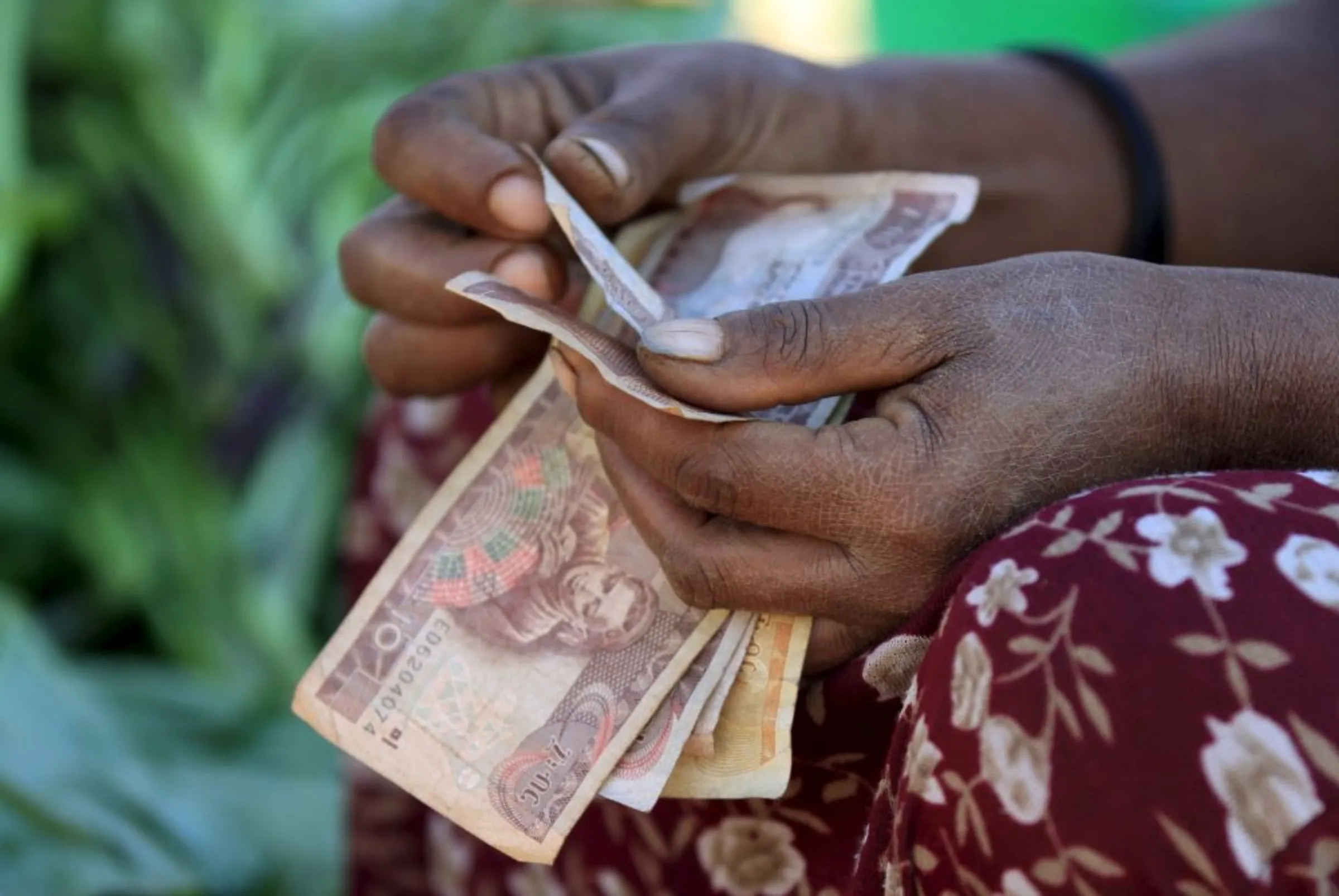
Businesses in Addis Ababa are struggling to keep pace with soaring inflation following the government’s shift to a flexible exchange rate policy implemented late last month.
Since the policy change, the Ethiopian birr has lost 60% of its value against the dollar as of Monday, leading to increased prices for basic goods and prompting some businesspeople to hoard supplies. At the Samra Hotel, prices now fluctuate daily, or even hourly, to keep up with the changing market conditions, as noted by Rahel Teshome, an employee at the hotel.
Many supermarkets in Addis Ababa are hoarding products in warehouses and selling only small quantities in-store to avoid penalties from city authorities, who are cracking down on hoarders. Consumers seeking bulk purchases face inflated prices and must retrieve products from warehouses.
In Merkato, the city’s largest open-air market, guards are stationed to prevent businesses from raising prices. Recently, police raided warehouses, seizing 800,000 liters (210,000 gallons) of edible oil, which was later distributed at previous prices to local cooperatives.
Over 3,000 stores accused of hoarding have been closed across the country. The Addis Ababa City Trade Bureau has warned of further actions against those exploiting the floating birr to hike prices.
The new exchange rate policy represents a significant shift in Ethiopia, where the government had long controlled foreign currency prices, fostering a black market. Now, commercial banks set foreign exchange rates, and non-bank entities are allowed to operate foreign exchange bureaus.
The International Monetary Fund (IMF) approved a four-year, $3.4 billion credit facility in conjunction with Ethiopia’s reforms. The IMF has committed to disbursing $1 billion immediately to address urgent needs, with Managing Director Kristalina Georgieva calling the reforms a “landmark moment for Ethiopia.”
In response to foreign currency shortages, authorities have imported 14 million liters (3.7 million gallons) of edible oil to ease consumer pressure. However, these measures have had limited impact given the rising prices of other essential goods.
Experts warn that Ethiopians, particularly those on fixed incomes, face uncertain times ahead. Getachew T. Alemu, a public policy specialist in Addis Ababa, notes that the immediate IMF funding may not be sufficient to alleviate the strain, suggesting that without careful policy actions, conditions could worsen.
The government’s efforts to curb price speculation have also been challenged by its own actions. Last week, authorities raised the cost of ordinary passports from 2,000 to 5,000 birr, leaving individuals like Almaz Teferi, who was in the process of obtaining a passport, shocked by the sudden increase. Teferi, who is preparing to work as a domestic laborer in the Gulf states, had been saving to cover the passport fee but found the cost had risen significantly within days.
